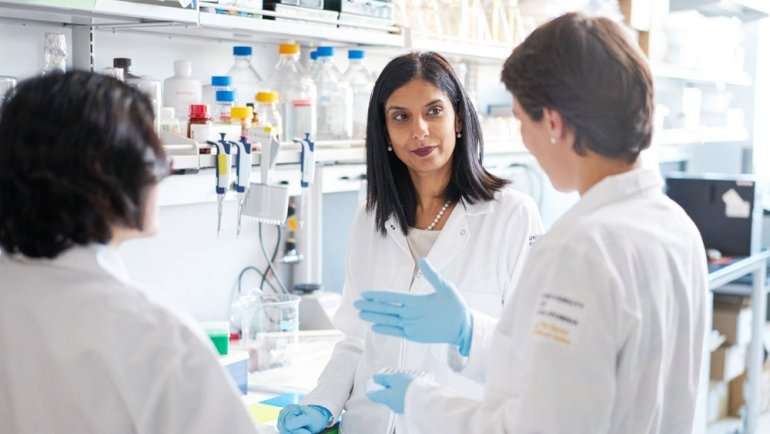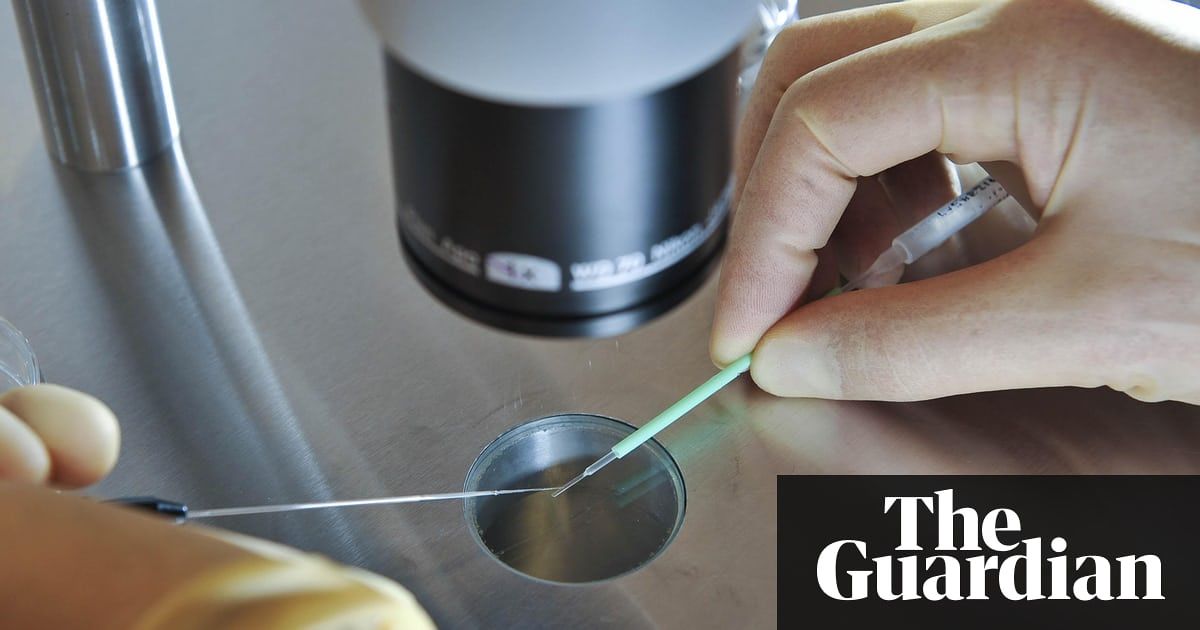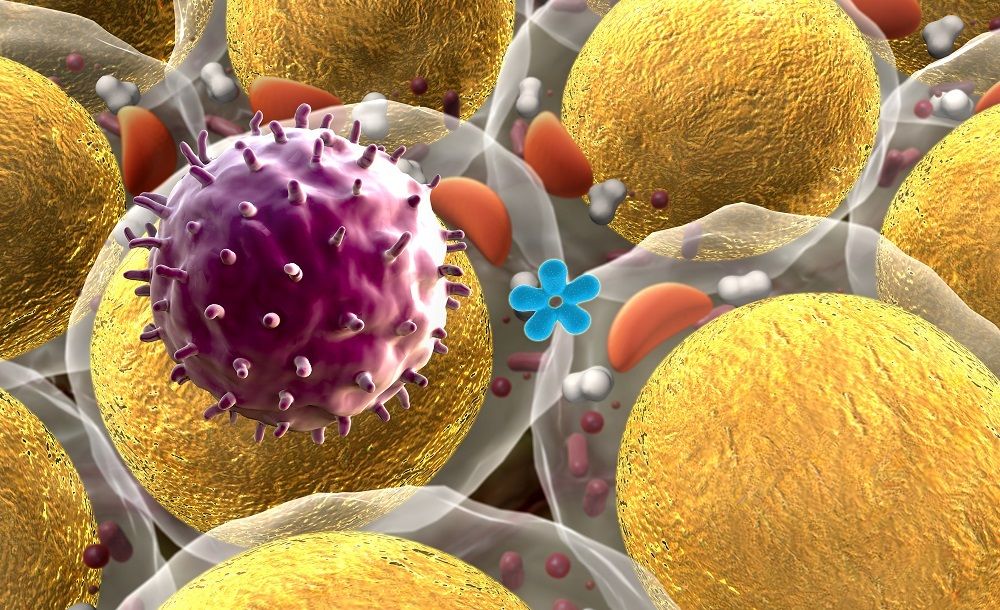
Could a protein called klotho block aging and dementia?
Summary: More klotho means better cognitive function says a scientist. By injecting the protein Klotho into mice with Alzheimer’s, a UCSF researcher improved their brain function. The researcher hopes to eventually apply the treatment to humans to treat aging and dementia. [Introduction by Brady Hartman, followed by a link to the full article.]
Neurologist and neuroscientist Dr. Dena Dubal wants to prevent dementia and aging with a protein called Klotho. Dr. Dubal, MD, Ph.D. – an associate professor of neurology at UC San Francisco – aims to use this novel approach to battle neurodegenerative diseases like Alzheimer’s disease and dementia.
Continue reading “Could a protein named klotho block aging and dementia?” »













